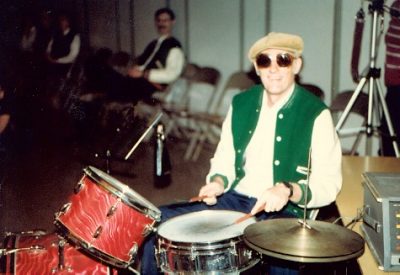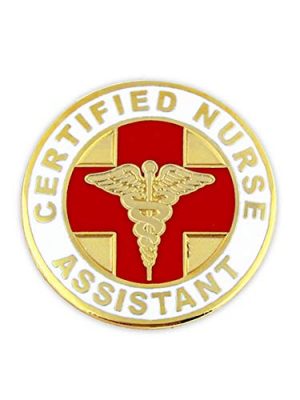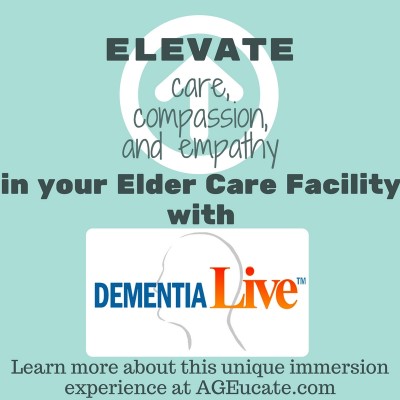
Dementia hit close to home for me recently. It had probably been six or so years since I had last seen a friend and former co-worker. He had fallen out of sight, and now I know why. I learned of his whereabouts and paid him a visit. It started with mild cognitive impairment that has advanced to late-mid stage dementia.
I was so glad that he recognized me. We had a wonderful conversation and reminisced about people we knew and past work projects. But, as time went on, he became lost in the conversation. He was evaluating proposals, preparing to consult, and critiquing management.
Always contemplating, analyzing, envisioning, planning. That is what this man did. The beautiful thing, he still is. The wisdom is there when entering his reality.
Wisdom
My friend said some pretty amazing things. The first was when we were talking about purpose in life. “We all need to germinate something wonderful and wise,” he said. My friend is eager to share his wisdom, and being surrounded by people who will listen provides him purpose and quality of life.
Referring to the people who work where he lives, he said that it is just as important for him to know them as it is for them to know him. It pleases him when people call him by name. It is important to him that they know who he is, and he delights when introducing his caregivers by name.
The importance of relationships between care partners is something my friend taught others back in the day. In fact, he introduced me to David Troxel’s philosophy, “Best Friends Approach to Dementia Care.” I saw before my eyes how incredibly important that is for my friend.
It is comforting to know that my friend’s personhood, the things that make him special, are still there. Dementia does not define him. He has long-term memories with attached feelings. He continues to teach others about dementia- both how to live with it and what it takes to provide good care with quality of life.
I asked if I could share his wisdom in a blog. He said he had to think about it and then asked what the distribution and market reach would be. Yep- always thinking.
May we always seek to know the person living with dementia, and let them know us too. Seek their wisdom, you will learn much.
 Julie has worked in Aging Services for over 30 years and has been a Licensed Nursing Home Administrator since 1990. She is a Certified Master Trainer with the AGE-u-cate Training Institute. Through her company Enlighten Eldercare, Julie provides training and educational programs on elder caregiving for family and professional caregivers. She is an instructor and the Interim Director of Gerontology at Northern Illinois University and lives in the Chicago Northwest Suburb of Mount Prospect, IL.
Julie has worked in Aging Services for over 30 years and has been a Licensed Nursing Home Administrator since 1990. She is a Certified Master Trainer with the AGE-u-cate Training Institute. Through her company Enlighten Eldercare, Julie provides training and educational programs on elder caregiving for family and professional caregivers. She is an instructor and the Interim Director of Gerontology at Northern Illinois University and lives in the Chicago Northwest Suburb of Mount Prospect, IL.


